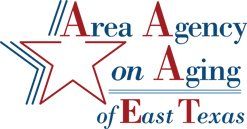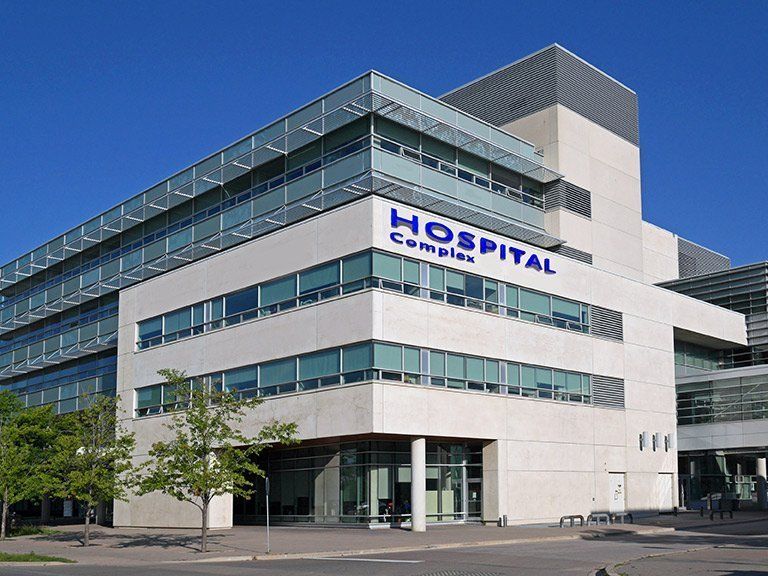Are hospitals falsely tagging patients with COVID-19 to make money?
Senior Medicare Patrol • July 8, 2020
Senior Medicare Patrol Investigates
You’ve probably seen the headlines making the social media rounds. Claims that “hospitals get paid more to treat COVID-19 patients” and “is medicare paying hospitals $13,000 for patients diagnosed with COVID-19 and $39,000 for those on ventilators?”
In a recent post to the KPRC 2 Facebook page, a woman claimed discharge papers showed her mom had COVID-19 when she “absolutely did not have it,” and her husband told her hospitals get $30,000 per patient.
She’s not alone in asking Channel 2 Investigates about this, so we decided to put two claims through our Trust Index.
Is Medicare paying hospitals more for COVID-19 patients?
Here’s how Medicare, which is funded through your tax dollars, works.
When patients are discharged, hospitals assign them a code on their diagnosis and treatment, and Medicare pays hospitals a set amount based on that code. But when Congress drew up the CARES Act, it created a 20% “add on” for treatment of COVID-19 patients.
“The key component of it was an additional reimbursement for patients who had COVID to offset the revenue the would’ve made for their typical procedures,” explained hospital billing expert Shawn Fry. “Depending on the severity of the patient, you could make double, or even four or five times as much on that COVID patient.”
Politifact looked at an analysis by the Kaiser Family Foundation which found the average Medicare payment for a less severe COVID-19 hospitalization was just over $13,000, and for a hospitalization requiring a ventilator it was just over $40,000. This includes the 20% “add on” through the CARES Act. That increases the hospital’s standard payment for similar treatment of non-COVID patients.
We rate the claim that hospitals make more money from COVID-19 patients as true.
Are hospitals falsely tagging patients with COVID-19 to make money?
“It is a possibility, any time you’re dealing with billing and coding,, there is a possibility for error,” said Jennifer Salazar with the Better Business Bureau’s Texas Senior Medicare Patrol. She advises that patients be proactive in tracking their diagnoses and treatments.
“When you got to the hospital or you see your doctor, write it down, write down what you’ve had done,” Salazar said.
And always review your discharge papers.
“If you see anything that looks suspicious or incorrect, if your not sure about, call us at the Texas Senior Medicare Patrol,” she said.
But there’s no hard evidence that hospitals are fraudulently identifying patients as “COVID positive”.
“To my knowledge, and I’ve talked to several different hospitals, no doctor has ever been incentivized to add the COVID-19 diagnosis to any patient’s file,” Fry said.
There are protocols in place to prevent that, including frequent audits, and harsh penalties for those who are caught doing it.
We rate the claim that hospitals are falsely tagging patients with COVID-19 to make money as false.
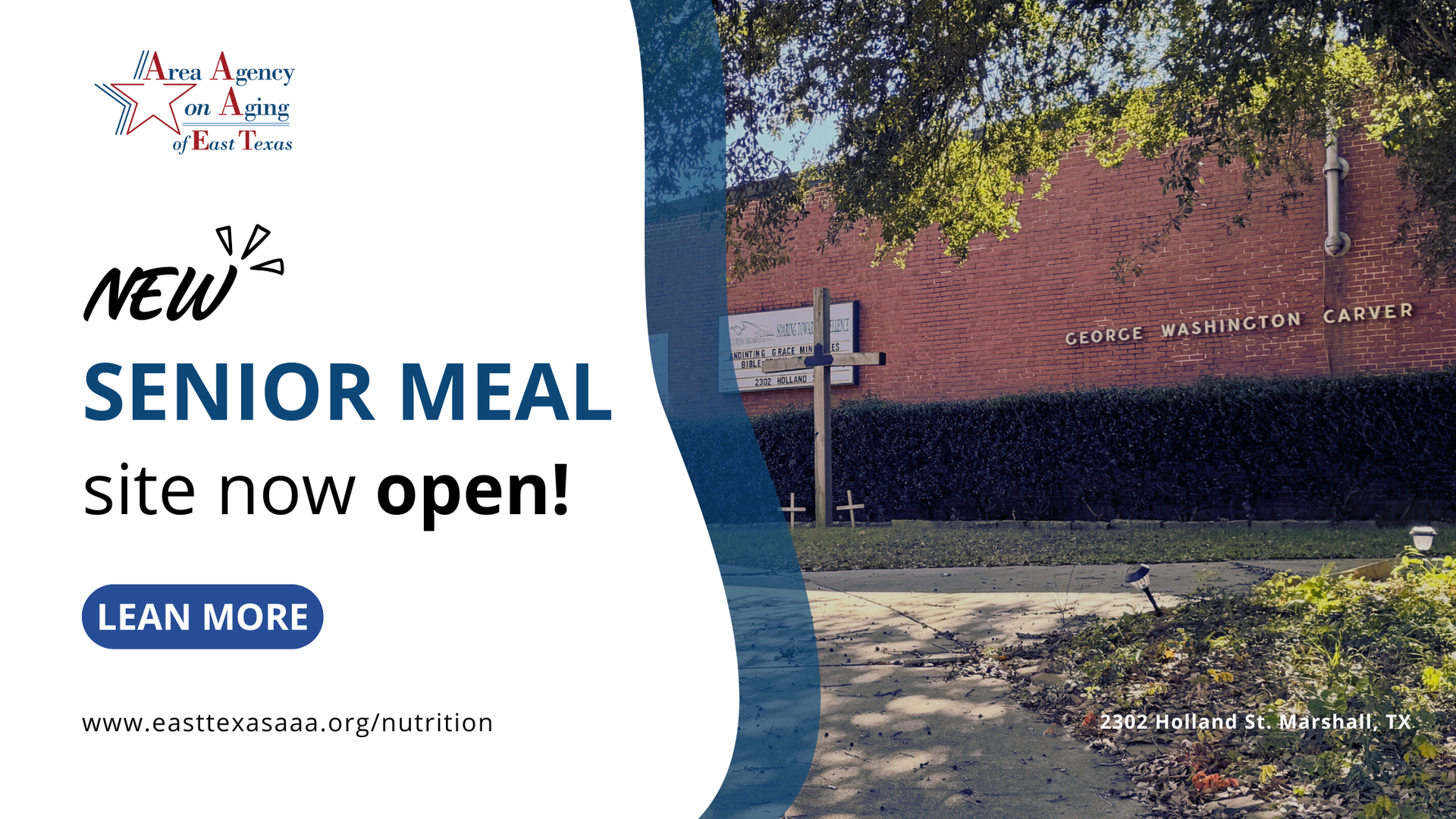
The Area Agency on Aging of East Texas (AAA) opened a new congregate meal site in Marshall on Monday, December 15th. Older adults, aged 60 and up, eligible for the Senior Nutrition Program will be able to enjoy a hot lunch, good conversation, and a friendly place to gather. Location George Washington Carver Community Center 2302 Holland St Marshall, TX 75670 Meal Hours Monday–Thursday 11:00 AM–12:30 PM Phone 903-923-8410 The Senior Nutrition Program supports adults age 60 and older through both congregate meals and home-delivered meals. These meals follow dietary guidelines and help older adults stay connected and healthy. For folks who can’t travel, home-delivered meals bring food, a wellness check, and a bit of company to their door. How to Enroll Adults age 60 and older can join the Senior Nutrition Program by contacting the provider for their county listed at: easttexasaaa.org/nutrition , or by receiving a referral from AAA staff. Caregivers who care for someone receiving home-delivered meals may also be referred for services by calling AAA. The Carver Community Center site will give more Marshall and Harrison County residents a place to eat, visit, and keep a steady routine. If you or someone you know could benefit, contact the AAA for assistance!
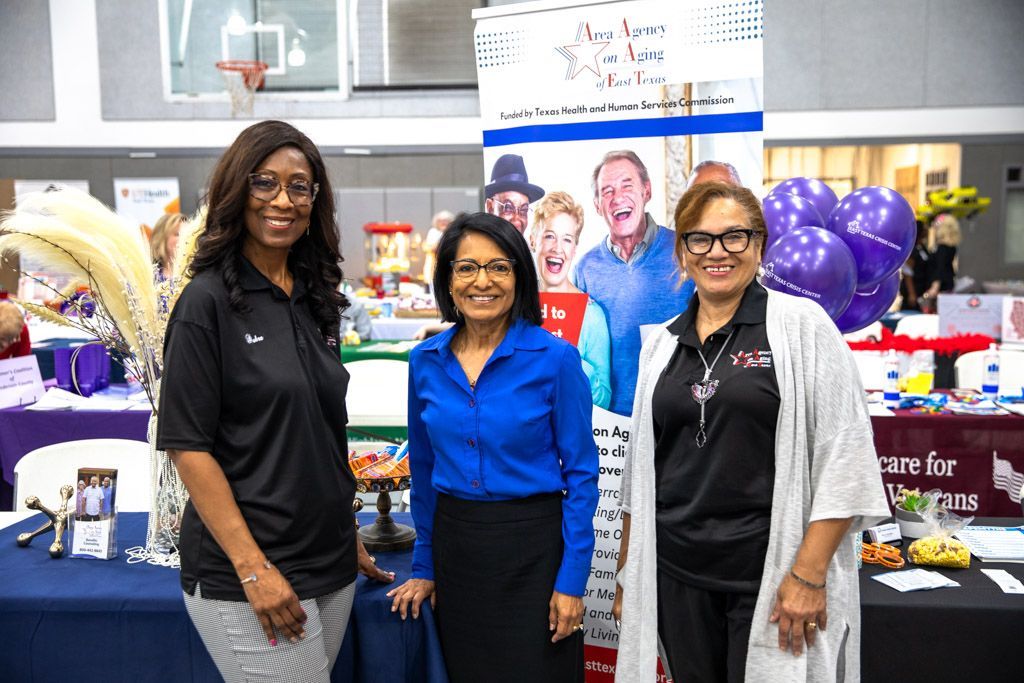
Medicare Open Enrollment runs from October 15 until December 7, and people with Medicare will have more coverage options to consider. Plan costs and covered benefits have changed, so our Area Agency on Aging of East Texas (AAA) is offering benefits counseling assistance to encourage Medicare recipients to review their coverage choices and decide on the options that best fit their health needs. The changes Medicare recipients can make during Open Enrollment include: Joining a new Medicare Advantage Plan or Part D prescription drug plan Switching from Original Medicare to a Medicare Advantage Plan Switching from a Medicare Advantage Plan to Original Medicare (with or without a Part D plan) “Medicare Open Enrollment allows you the opportunity to review your healthcare plan and check on your financial well-being, which could also help save costs and coverage,” says AAA Benefits Counselor Nellie Spencer. “Call us and talk to an unbiased, qualified Benefits Counselor. We are also your State Health Insurance Assistance Program (SHIP) and available free of charge to go over your options.” For assistance, please call the Area Agency on Aging at 1-800-442-8845 to speak to a qualified benefits counselor. Appointments can be made over the phone, in a virtual meeting, or in person. Local Open Enrollment presentations: Benefits counselors will also be available for appointments at these community events during the Open Enrollment period. To reserve your spot, call the Area Agency on Aging at 1-800-442-8845. Walk-ins will be accepted. Palestine Resource Center for Independent Living, 421 Avenue A, Palestine, TX Date: Tuesday, November 4th Time: 9:00 am-3:00 pm George Washington Carver Community Center, 2303 Holland St., Marshall, TX Date: Thursday, November 6th Time: 10:00 am-2:00 pm Mt. Zion C.M.E. Church, 104 State Hwy. 64, Ben Wheeler, TX Date: Thursday, November 13th Time: 1:00 pm-3:30 pm First Christian Church, 1920 Beaumont St., Jacksonville, TX Date: Thursday, November 20th Time: 9:00 am-12:00 pm Be on alert for these Medicare Open Enrollment scams: There are no "limited time offers." Medicare or a health plan calls and wants to send you a new health card for $299. You receive a call about a refund from last year's premiums or your drug plan cost. An agent tries to sign you up for a plan that you don't need, isn't right for you, or doesn't even exist. Watch out for fake RX cards offering significant discounts with little or no benefits. You receive a call offering significant discounts on a new health insurance plan. Agents can NOT cold call you. Tips on how to stop fraud during Open Enrollment: If it's "too good to be true," it probably is. Don't trust all the ads you see on TV. Review the plan BEFORE you join. Even if you're not switching, review your current plan to ensure it covers your doctors. Medicare will never call or visit. Medicare will only send information via postal mail service. Guard your Medicare card and number like a credit card. Don't give out your Medicare number except to your doctor or other providers. Don't let someone push you into making a fast decision. If you receive a call, especially from a number you do not recognize or anyone requesting personal information, hang up immediately. Know your health care options. Get help from your family, the Medicare website, or your local State Health Insurance Assistance Program (SHIP), which for East Texas is the AAA. No health care plan is allowed to cold call. Medicare plans can be viewed and compared at www.medicare.gov .


